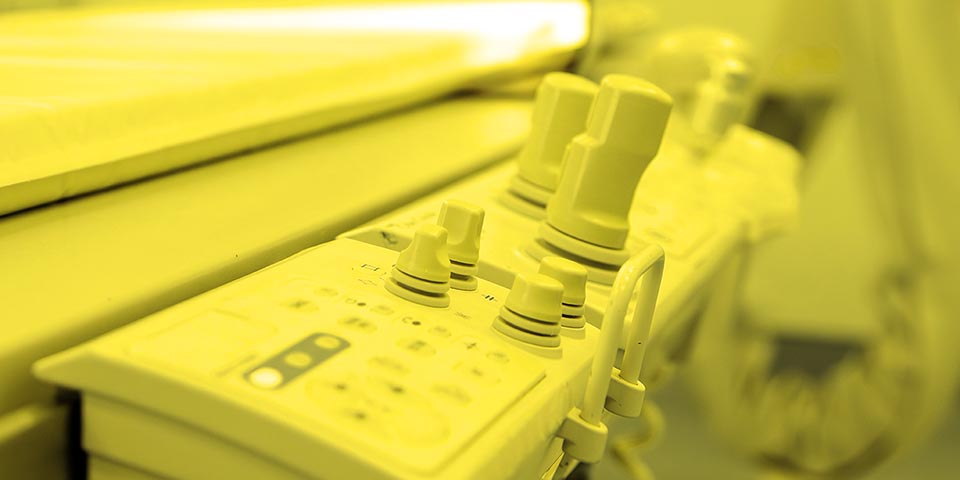Market study: The Swedish market for medtech

The Swedish medtech market is increasingly being shaped by the digital transformation, including telemedicine, remote diagnostics, AI-driven tools, and interoperable patient data platforms. This market study offers a comprehensive guide for companies that are interested in entering the Swedish market for medtech solutions and services.
The study provides an overview of the Swedish market in this sector, outlines important trends, details regulatory requirements, and offers guidance on how to identify and secure business partners.
Some characteristics of the Swedish medtech market
Sweden is a global leader in medtech innovation, particularly in digital health, artificial intelligence (AI), and telemedicine. Swedish companies are highly active in patent filing, particularly in digital communication and computing technologies linked to healthcare solutions.
The industry has seen strong growth, with an 18 per cent increase in employment since 2019. As of 2023, Sweden is home to over 2,100 medtech companies, most of which are micro-enterprises or sole proprietorships. Collectively, medtech and life science companies in Sweden generated USD 46.8 billion in net turnover in 2022, a 54 per cent increase compared to 2014.
Between 2019 and 2023, Sweden primarily imported diagnostic imaging equipment, including ECG, X-ray, and MRI devices, from low- and middle-income countries.
The most promising entry points are products that integrate with digital platforms (for example EHRs, remote care systems), meet EU regulatory requirements (MDR/IVDR), address efficiency and sustainability needs, and offer clear clinical or economic value.
Find a business partner
Building relationships with reliable Swedish partners is essential for exporters who wish to enter the market. Sweden’s decentralised healthcare structure means procurement is often formalised, but there are multiple practical pathways to identifying and securing business relationships in Sweden.
To increase the likelihood of building lasting business relationships, exporters should:
- Provide transparent documentation on regulatory status, data protection practices, and performance.
- Adapt marketing and technical material to Swedish or English, including labelling, Instructions for Use, and data handling protocols.
- Highlight any certifications (for example ISO 13485, ISO 14971) and ethical or sustainability commitments.
- Consider working with a local agent or distributor, which many Swedish buyers prefer for service support and communication.
